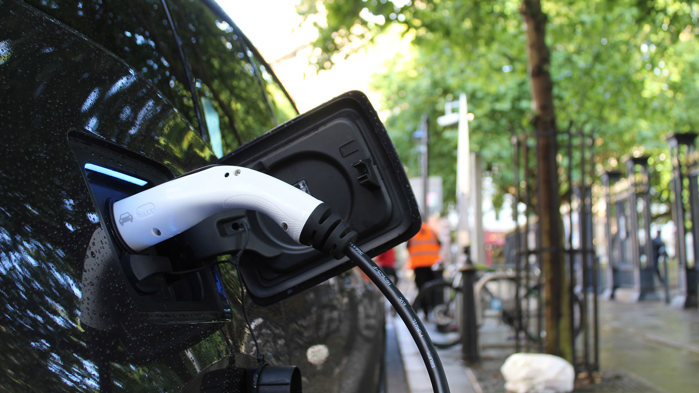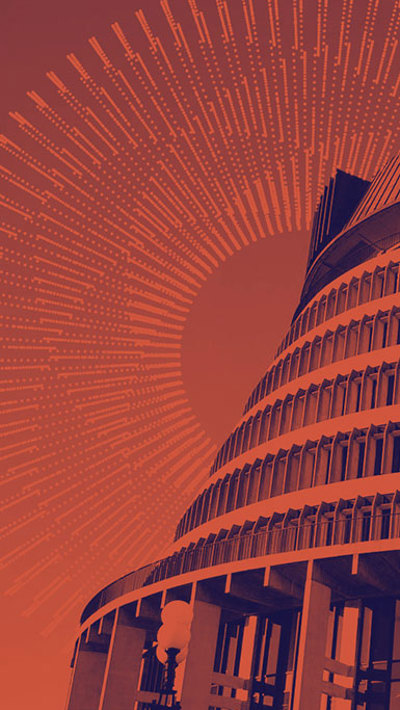Contents
Briefly is an occasional publication tracking political and regulatory developments.
Government lays out agenda for this term
The Government will release an exposure draft of the “first bill” to replace the Resource Management Act (RMA) in the first half of next year. We expect this will be the Natural and Built Environment Act, as recommended by the Randerson Panel (and discussed at more length in our New Zealand Infrastructure Trends & Insights publication).
Other specific initiatives outlined in the Speech from the Throne to open New Zealand’s 53rd Parliament, include:
- the opening of quarantine-free zones with the Cook Islands, Niue and Australia “but with safety as [a] priority”
- 10% of places in managed isolation to be reserved for people granted skill-based exceptions to enter the country
- continued investment in contact tracing and testing systems
- lifting abatement thresholds for benefits, and funding an additional 40,000 long-term unemployed through the Flexi-wage programme
- implementing Fair Pay Agreements
- bringing forward the 100% renewable energy target to 2030
- preventing the installation of new low and medium temperature coal-fired boilers
- implementing the government response to the Health and Disability System Review
- measures to decarbonise the transport fleet, including emissions standards for imported vehicles and a requirement that only zero emission buses be purchased from 2025
- indexing benefits to increases in the average wage, and
- reviewing housing policy settings “with a view to implementing policies that improve access to the housing market for first home buyers”.
Our Infrastructure Trends & Insights report

The Government's Carbon Neutral Government Programme includes a requirement that public agencies buy electric vehicles, hybrids, or reduce the size of their fleets.
A carbon neutral public sector by 2025
The Government has committed to a Carbon Neutral Government Programme to achieve carbon neutrality within the public sector by 2025. Elements include:
- a $200m fund to replace coal boilers
- a requirement that public agencies buy electric vehicles or, where this is not practicable, hybrids, and reduce the size of their fleets
- a requirement that any new buildings over 2,000 square metres have a five star green rating and that any new leases have four star ratings, and
- a requirement to measure and publicly report on their emissions, off-setting any that cannot be cut by the 2025 deadline.
10 days sick leave Bill introduced
The Government has introduced the Holidays (Increasing Sick Leave) Amendment Bill which will double sick leave entitlement from five days a year to 10, but will keep the current maximum entitlement for carrying over any unused sick leave at 20 days.
The Bill is expected to pass mid-2021, with the changes coming into force two months after Royal Assent.

Expect class actions to become more common after the Supreme Court decision in Ross v Southern Response.
Opt-out class actions get supreme court tick
Class actions are likely to become more common after the Supreme Court found that the ‘opt out’ action, where all potential claimants are automatically included in the claim unless they expressly remove themselves, is available under New Zealand law.
Supermarkets under competition scrutiny
The Commerce Commission has been instructed by the Government to conduct a market study into the competitiveness of the supermarket sector. Matters to be covered include:
- the structure of the grocery industry at wholesale and retail levels
- the nature of competition at each level
- the pricing and procurement practices of the big chains, and
- the price, quality, product range and service offerings for retail customers.
The Commission is required to publish its final report by 23 November 2021.
Commerce and Consumer Affairs Minister’s statement
RCEP – it’s a big deal
The Regional Comprehensive Economic Partnership (RCEP), signed by New Zealand on 15 November, creates a free trade zone covering nearly a third of the global population and about 30% of global gross domestic product.
It includes Australia, China, Japan, South Korea, New Zealand and the ten members of ASEAN (Brunei, Cambodia, Indonesia, Laos, Myanmar, the Philippines, Singapore, Thailand and Vietnam).
India was part of the negotiations but withdrew last year. There is provision within RCEP for India, and other nations, to enter.













































